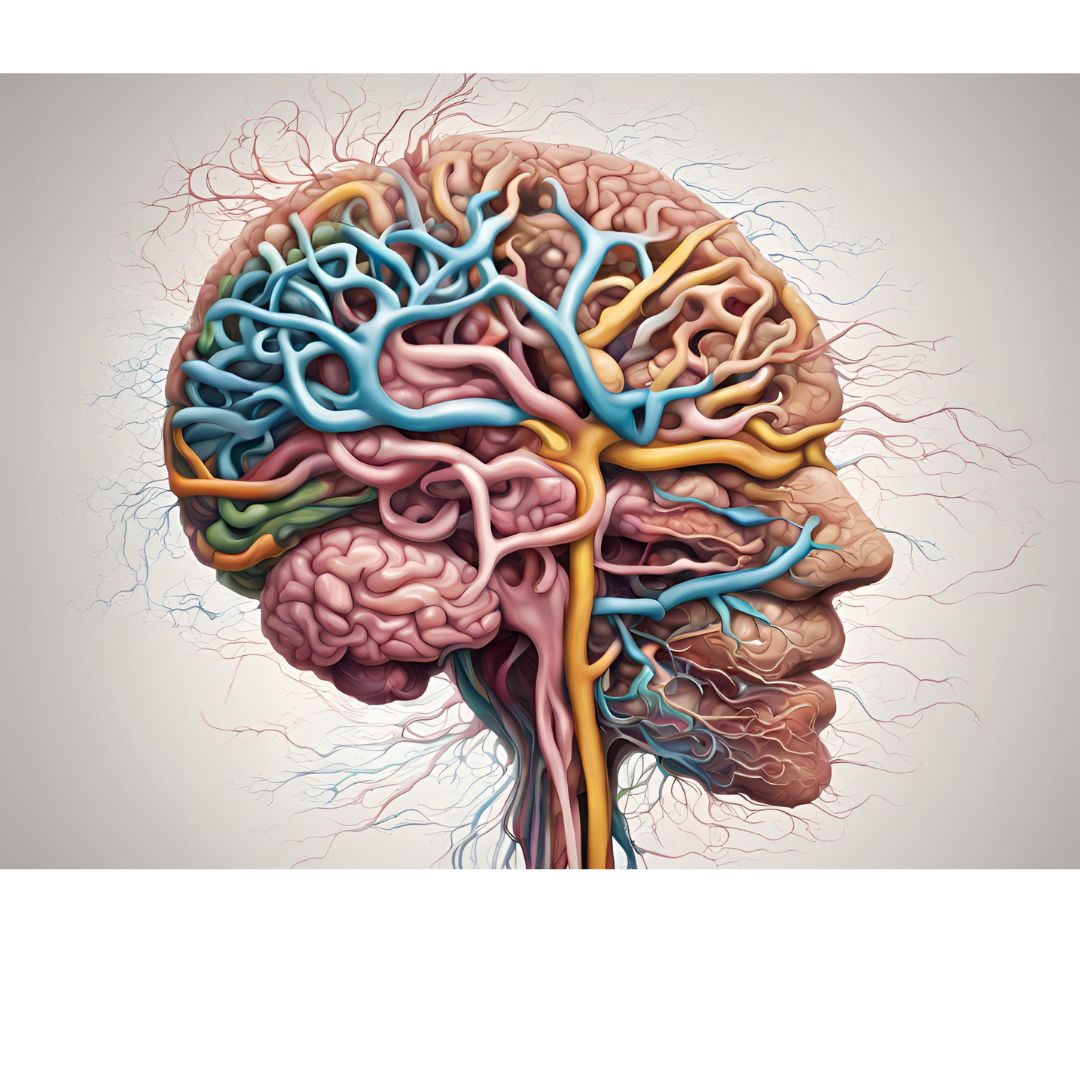1. Persistent Sadness or Depression
Feeling sad occasionally is a part of life, but persistent sadness lasting for weeks or months may indicate depression. Symptoms include loss of interest in activities, changes in appetite, and difficulty sleeping.
Example: John used to love painting, but lately, he hasn't picked up a brush in months and feels indifferent about his favorite hobby.
How to Fight It:
- Seek Professional Help: A therapist can provide strategies to manage depression.
- Stay Active: Engage in physical activities to boost your mood.
- Connect with Loved Ones: Share your feelings with friends or family.
2. Excessive Worry or Anxiety
Everyone experiences anxiety occasionally, but chronic worry or fear that interferes with daily activities can be a sign of an anxiety disorder.
Example: Sarah avoids social gatherings because she constantly worries about embarrassing herself.
How to Fight It:
- Practice Relaxation Techniques: Meditation and deep breathing can reduce anxiety.
- Limit Caffeine and Alcohol: These can exacerbate anxiety symptoms.
- Establish a Routine: Consistent daily schedules can provide a sense of control.
3. Withdrawal from Social Activities
Pulling away from friends and family and losing interest in social activities can be a sign of mental illness.
Example: Tom used to enjoy weekend barbecues with friends but now prefers to stay home alone.
How to Fight It:
- Stay Connected: Make an effort to maintain relationships, even if it feels challenging.
- Join Support Groups: Connecting with others who understand your experiences can be beneficial.
- Engage in Hobbies: Pursue activities that bring joy and help you stay engaged.
4. Extreme Mood Changes
Sudden and dramatic shifts in mood, such as excessive happiness followed by severe depression, may indicate bipolar disorder or other mental health issues.
Example: Emily feels euphoric and full of energy one day, then utterly hopeless the next.
How to Fight It:
- Monitor Your Moods: Keep a journal to track mood changes and identify triggers.
- Follow a Treatment Plan: Medication and therapy can help stabilize mood swings.
- Develop a Support System: Rely on trusted friends or family members for support.
5. Changes in Eating or Sleeping Habits
Significant changes in appetite or sleep patterns can signal mental health issues, such as depression or an eating disorder.
Example: Mike has started eating excessively and sleeps for long hours but still feels tired.
How to Fight It:
- Maintain a Healthy Diet: Balanced nutrition can improve mood and energy levels.
- Establish a Sleep Routine: Go to bed and wake up at the same time each day.
- Seek Professional Guidance: A healthcare provider can offer tailored advice and treatment.
6. Difficulty Concentrating or Making Decisions
Trouble focusing, remembering things, or making decisions can be signs of mental health conditions like depression or anxiety.
Example: Linda finds it hard to concentrate on her work and often forgets important tasks.
How to Fight It:
- Break Tasks into Smaller Steps: This can make them more manageable.
- Take Regular Breaks: Short breaks can help improve focus and productivity.
- Use Tools: Calendars, reminders, and to-do lists can aid in organization.
7. Unexplained Physical Ailments
Physical symptoms, such as headaches, stomachaches, or chronic pain, without a clear medical cause, can be linked to mental health issues.
Example: Jason experiences frequent headaches despite normal medical test results.
How to Fight It:
- Consult a Doctor: Rule out any physical causes for your symptoms.
- Practice Mindfulness: Techniques like yoga and meditation can reduce stress-related symptoms.
- Stay Active: Regular exercise can alleviate some physical symptoms of mental illness.
8. Increased Substance Use
Using alcohol or drugs to cope with stress, anxiety, or depression can indicate an underlying mental health issue.
Example: Rachel has started drinking heavily to escape her feelings of loneliness.
How to Fight It:
- Seek Professional Help: Counseling and support groups can aid in recovery.
- Develop Healthy Coping Mechanisms: Find alternatives, such as exercise or hobbies, to manage stress.
- Build a Support Network: Surround yourself with people who support your sobriety.
9. Feelings of Hopelessness or Helplessness
Persistent feelings of hopelessness or helplessness can be a strong indicator of depression or other mental health disorders.
Example: Alex often feels like his life will never improve and that there's no point in trying.
How to Fight It:
- Challenge Negative Thoughts: Replace negative thoughts with positive affirmations.
- Set Small Goals: Achieving small, manageable goals can build confidence and hope.
- Reach Out: Don't hesitate to ask for help from friends, family, or professionals.
10. Thoughts of Self-Harm or Suicide
If you or someone you know is experiencing thoughts of self-harm or suicide, it's crucial to seek immediate help.
Example: Maria has been having recurring thoughts of ending her life and feels overwhelmed by her emotions.
How to Fight It:
- Talk to Someone: Reach out to a trusted person or contact a crisis hotline.
- Remove Harmful Items: Ensure that you don't have access to means of self-harm.
- Create a Safety Plan: Work with a mental health professional to develop a plan to keep yourself safe.
Protecting Yourself from Mental Illness
Maintaining good mental health requires ongoing effort and self-care. Here are some strategies to protect yourself:
- Prioritize Self-Care: Make time for activities that bring you joy and relaxation.
- Stay Physically Active: Regular exercise can improve mental health and reduce symptoms of anxiety and depression.
- Maintain a Healthy Diet: Good nutrition supports overall health and well-being.
- Practice Mindfulness: Techniques such as meditation, deep breathing, and yoga can help manage stress.
- Seek Professional Help: Don't hesitate to reach out to mental health professionals for support and treatment.
- Build Strong Relationships: Foster connections with friends and family to create a reliable support network.
- Limit Screen Time: Reduce exposure to social media and digital devices to minimize stress and anxiety.
Conclusion
Recognizing the signs of mental illness and taking proactive steps to address them is crucial for maintaining mental health. By understanding these key indicators and knowing how to respond, individuals can improve their well-being and lead fulfilling lives. Remember, seeking help is a sign of strength, not weakness. Together, we can break the stigma surrounding mental health and support one another in our journey towards better mental health.
If you or someone you know is struggling with mental health issues, don't hesitate to seek help from a mental health professional or contact a crisis hotline. Your mental health matters, and there are resources available to support you.













